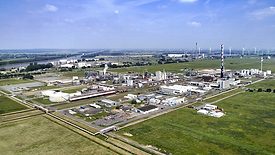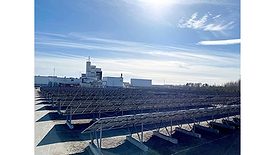Home » sustainable manufacturing
Articles Tagged with ''sustainable manufacturing''
Sustainability Practices in Pressure-Sensitive Adhesive Manufacturing
While challenges remain, the benefits of sustainable practices make a compelling case for the transition toward more eco-friendly adhesive manufacturing.
September 17, 2024
Keep the info flowing with our eNewsletters!
Get the latest industry updates tailored your way.
JOIN TODAY!Copyright ©2025. All Rights Reserved BNP Media.
Design, CMS, Hosting & Web Development :: ePublishing







